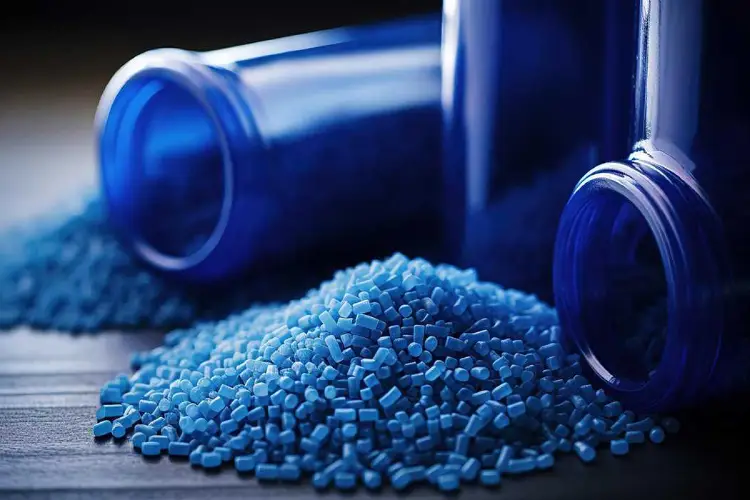
24 Dec Polypropylene
Polypropylene (PP) is a thermoplastic polymer that belongs to the polyolefin family. It is a versatile material with a wide range of applications due to its favorable combination of properties, including durability, chemical resistance, and low cost.
Here are some key points about polypropylene:
Structure: Polypropylene is composed of repeating units of propylene monomers, which are derived from propylene gas. The chemical formula of polypropylene is (C3H6)n, where n represents the number of repeating units.
Properties: Polypropylene exhibits several notable properties, including:
High Impact Resistance: It is a tough and resilient material, capable of withstanding impact and mechanical stresses.
Chemical Resistance: Polypropylene is resistant to many chemicals, acids, and bases, making it suitable for various chemical and corrosive environments.
Lightweight: It has a low density, making it a lightweight material.
Heat Resistance: Polypropylene has good heat resistance and can withstand high temperatures without deforming.
Electrical Insulation: It is an effective electrical insulator, making it suitable for electrical applications.
Applications: Polypropylene has a wide range of applications across various industries, including:
Packaging: It is commonly used in packaging materials such as bottles, containers, caps, and films.
Automotive: Polypropylene is used in automotive parts like bumpers, interior trim, dashboard components, and battery cases.
Textiles: It is used in the production of fibers for carpets, upholstery, and geotextiles.
Appliances: Polypropylene is utilized in the manufacturing of household appliances, including dishwasher parts, refrigerator liners, and washing machine components.
Medical: It is used in medical devices, such as syringes, surgical instruments, and containers for pharmaceuticals.
Construction: Polypropylene is employed in pipes, fittings, insulation, roofing membranes, and geotextiles for construction applications.
Recycling: Polypropylene is a recyclable material, and recycling initiatives exist to recover and reuse waste polypropylene products.
Environmental Considerations: Polypropylene is generally considered to have a lower environmental impact compared to some other plastics. However, like other plastics, it is derived from fossil fuels and can contribute to environmental issues if not properly managed after use.
Polypropylene’s versatility, affordability, and favorable combination of properties have made it a widely used material across various industries. Its applications range from packaging to automotive components, textiles, and medical devices.

